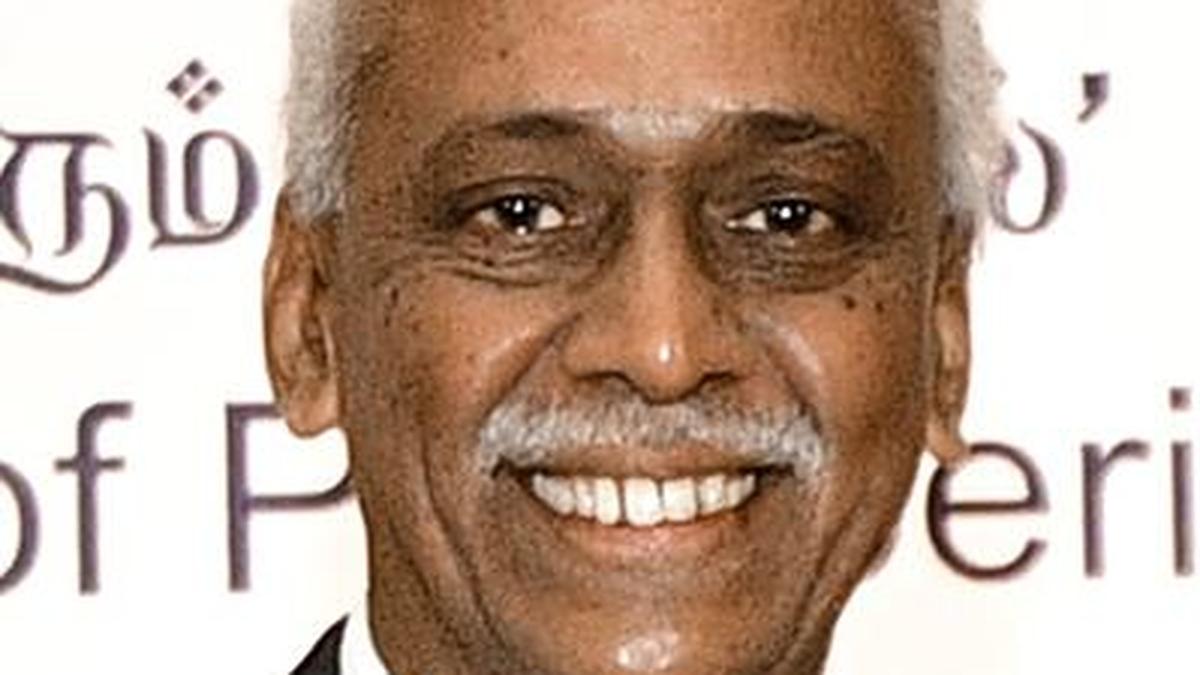
S Jaishankar said, “The threat of terrorism has actually become even more serious.”
United Nations:
External Affairs Minister S Jaishankar Thursday told the UN Security Council that the “contemporary epicentre of terrorism” remains very much active as he lamented that evidence-backed proposals to blacklist terrorists are put on hold without adequate reason, in a veiled attack on China and its close ally, Pakistan.
S Jaishankar, who presided over the ‘UNSC Briefing: Global Counterterrorism Approach: Challenges and Way Forward’, described terrorism as an existential threat to international peace and security and said it knows no borders, nationality, or race.
“The threat of terrorism has actually become even more serious. We have seen the expansion of Al-Qaida, Da’esh, Boko Haram and Al Shabab and their affiliates,” he said in his address to the 15-nation Council.
S Jaishankar, speaking in his national capacity, said that “at the other end of the spectrum are ‘lone wolf’ attacks inspired by online radicalisation and biases. But somewhere in all of this, we cannot forget that old habits and established networks are still alive, especially in South Asia. The contemporary epicentre of terrorism remains very much active, whatever gloss may be applied to minimise unpleasant realities.”
He was apparently referring to Pakistan, which is accused by its neighbours of harbouring terrorists and providing safe havens to several terrorist groups like al-Qaida, Lashkar-e-Taiba and Taliban.
Highlighting specific challenges with which the counter-terrorism architecture is currently grappling, S Jaishankar stressed the need of addressing double standards in countering terrorism, leading to concerns of politicisation.
“Uniform criteria are not applied to sanctioning and prosecuting terrorists. It would seem sometimes that the ownership of terrorism is more important than its actual perpetration or its consequences,” he said.
S Jaishankar said that the working methods of relevant mechanisms is also a subject of legitimate concern and debate.
“At one level, we have seen protections that come close to justification. Then, there are evidence-backed proposals that are put on hold without assigning adequate reason. Conversely, there has even been recourse to anonymity so as to avoid taking ownership of untenable cases,” he said.
His remarks were a strong reference to repeated holds and blocks on proposals by India to blacklist terrorists based on Pakistani soil, in the UN Security Council’s sanctions committee by veto-wielding permanent member China.
In the past five months, China, a permanent, veto-wielding member of the UN Security Council, has put holds on as many listing proposals made by India and the US to designate Pakistan-based terrorists under the Council’s 1267 Al Qaeda Sanctions Committee regime.
“We cannot let another ‘9/11 of New York’ or ’26/11 of Mumbai’ happen again,” S Jaishankar said, asserting that combating terrorism is a battle in which there is no respite.
“The world cannot afford attention deficit or tactical compromises. It is most of all for the Security Council to lead the global response in this regard.” Highlighting four specific challenges with which the counter-terrorism architecture is currently grappling, S Jaishankar pointed to the issue of terror financing and State culpability, whether by commission or omission.
“The world may no longer be willing to buy the justifications and cover ups as in the past. Through bitter experience, we know that terror is terror, whatever the explanation. The question now arises as to the responsibilities of the state from whose soil such actions are planned, supported and perpetrated,” he said.
He underlined the challenge of ensuring the integrity and accountability of the counter-terror multilateral mechanisms and their working methods. “They are on occasion opaque, sometimes driven by agendas and at times, pushed without evidence.”
He began his address by telling the Council that India faced the horrors of cross border terrorism long before the world took serious note of it. “Over the decades, we lost thousands of innocent civilian lives. But we fought terrorism resolutely, bravely and with a zero-tolerance approach.”
He cited Prime Minister Narendra Modi who has declared: “we consider that even a single attack is one too many and even a single life lost is one too many. So, we will not rest till terrorism is uprooted.” Jaishankar said that countering threats from the misuse of new and emerging technologies by terrorists is “likely to be the next frontier of our battle.”
He noted that one of the challenges is “how do we deal with differential standards, both inside and outside this Council. For too long, some have persisted with the belief that terrorism is just another instrument or stratagem. Those invested in terrorism have used such cynicism to carry on. It is not just plain wrong but could be downright dangerous, even for the very people whose toleration extends this far.”
“No individual state should endeavor to seek political gain from terrorism and none of us collectively should ever put up with such calculations. When it comes to tackling terrorism, we must overcome political differences and manifest a zero-tolerance approach,” he added.
Ahead of the meeting, S Jaishankar asked the representatives of the member states to observe silence for a minute in the memory of victims of terrorism.
(Except for the headline, this story has not been edited by NDTV staff and is published from a syndicated feed.)
Featured Video Of The Day
The Great Mumbai Slum Cover-up For G20?









![Best Weight Loss Supplements [2022-23] New Reports!](https://technologytangle.com/wp-content/uploads/2022/12/p1-1170962-1670840878.png)




